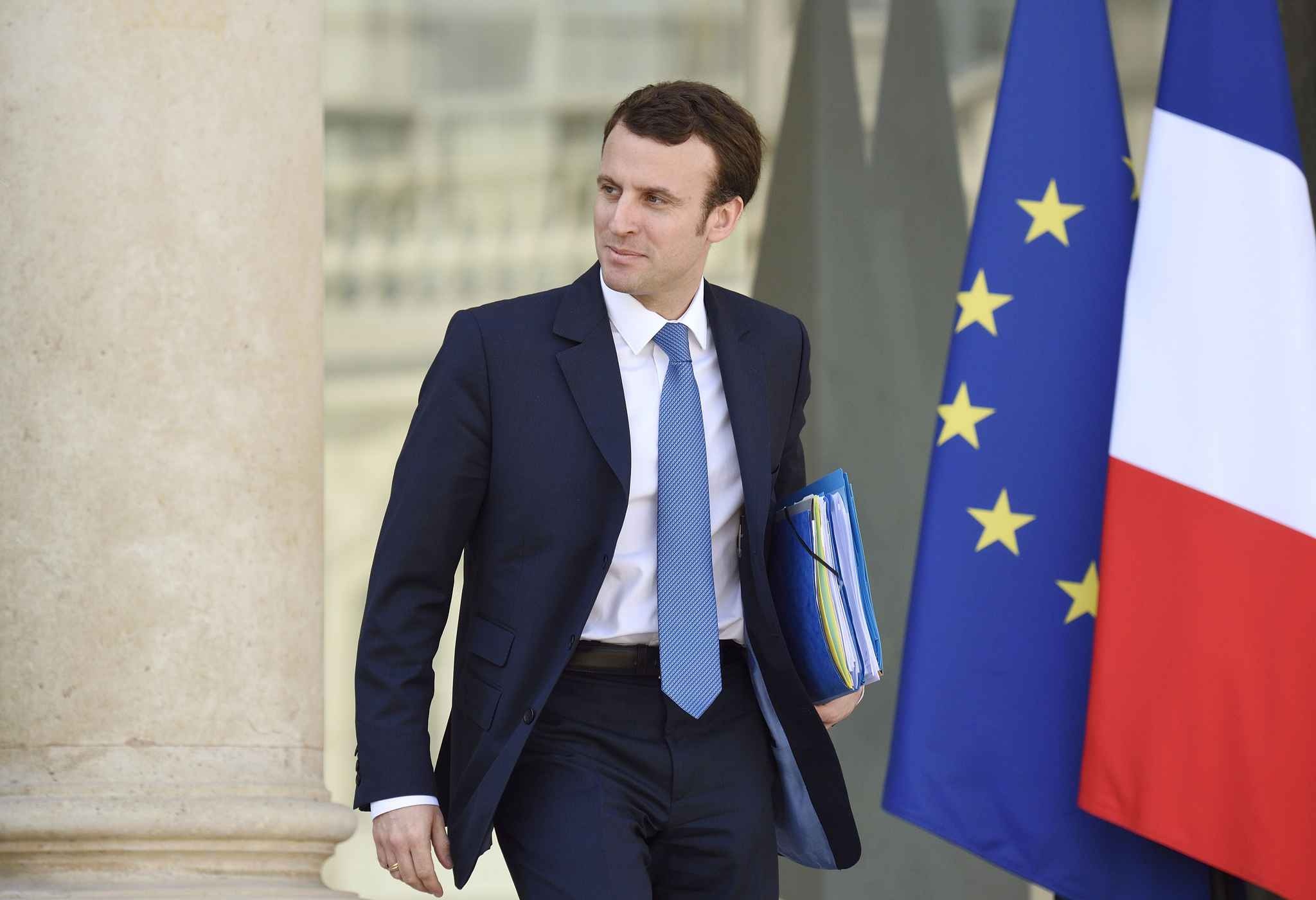
By Ji Cheng
Due to the "deviant" behavior of the US against its European allies, NATO is heading for "brain-death", said President Emmanuel Macron of France in a recent interview. He called on European countries to rethink their geostrategic positioning and do not rely too much on the security protection provided by the US. It should be said that the political expression of "de-Americanization" and "de-NATO" by Macron not only further exposed the contradictions and differences in the transatlantic security partnership, but also cast a shadow over the future of NATO.
In fact, behind the seemingly radical words by Macron, there is a lack of strategic cooperation among NATO members. NATO's European allies became more dissatisfied with the US, which in turn, led to a deep understanding and thinking about their geostrategic positioning and global strategic pattern.
First, the poor performance of the US in fulfilling NATO commitments has accelerated the centrifugal tendency of European allies. As the de facto "last guarantor" of NATO, the moves by the US on a series of security issues in recent years have greatly reduced the strategic expectations of its European countries. Outside Europe, the US withdrew from the Paris Agreement and the Iran nuclear deal framework without full communication and coordination with its allies. In the recent situation in the northern Syria, the US dodged the UK, France, Germany and other countries to privately reach a temporary ceasefire agreement with Turkey, putting its European allies in a passive situation. Within Europe, the US frequently pressures its European allies on issues such as refugees, "Brexit" and share of defense spending, even at the expense of "breaking up". This became the reason why Macron called on European countries to re-examine the significance of NATO's existence from the US' fulfillment of its commitment to NATO.
Second, France and other European countries are trying to seek a more independent geostrategic positioning in the context of the impossible reliance on the US’ security protection. In view of Macron’s questioning of the validity of NATO’s “collective defense”, it does not rule out the possibility that the current French government may follow the practice of withdrawing from NATO’s integrated military command during the period of the Charles de Gaulle government and seek a more independent defense status.
Moreover, compared with other European allies, France's relatively independent security defense system and military command system have become its strength to challenge the US. As Macron said, Europe needs to regain control of its own destiny and its "military sovereignty." At the European level, EU countries should try to condense themselves into a relatively single geostrategic entity, and conduct equal and pragmatic consultations and cooperation with the US on this basis. Especially in its relations with Russia, Europe should firmly grasp the initiative in relations with Russia and avoid becoming an "onlooker" and tool of the US-Russia geostrategic game.
Finally, Macron’s remarks are a reflection of European allies’ thinking over the overall trend in international strategy and subtle changes in the Western world. NATO has a distinctly Cold War color, which is inconsistent with the theme of peace and development in the current era. It will inevitably lead to various contradictions and disputes. Within the Western countries, as the French Minister of the Economy and Finance Bruno Le Maire said, the G7 had evolved into a game between the six Western countries and the US. This means that European countries need to deal with the generalization of external security threats in a way different from the US.
In summary, the rift between the US and Europe will further expand unless the US changes its traditional zero-sum game thinking of "Winners Take All".
(The author Ji Cheng is from the Foreign Military Studies Department under the PLA's Academy of Military Sciences)









